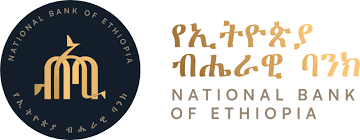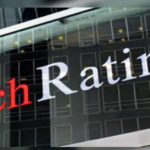The Ethiopia Investment Board has reduced the capital requirements for foreign investors looking to access formerly banned sectors such as the export, import, wholesale, and retail trades by more than half.
With the revised regulation going into effect on June 12, 2025, the nation’s investment strategy will be reevaluated in light of declining foreign capital inflows and growing demands for fair treatment of both domestic and foreign investors.
The previous directive’s preamble, which was in effect from March 2024 until last week, recognised a policy change that permits previously closed industries to progressively open to qualified foreign investors.
The updated version states that the Board, which the prime minister leads, believes it is essential to implement new changes that boost investor confidence and make it easier to raise more foreign funds by establishing, to the greatest extent possible. These processes support treating domestic and foreign investors equally and making sure that all permit requirements are handled in a transparent, straightforward, and predictable manner.
- Advertisement -
A significant change in retail trade requirements is brought about by the new directive, even though it keeps the previous version’s provisions allowing foreign investors to engage in the export of traditionally sensitive goods like raw coffee, sesame seeds, pulses, oilseeds, khat, leather, poultry, and even live livestock.
With a paid-up capital of USD 2.5 million, foreign investors can now engage in retail trading, which is a much lower threshold than previous unofficial standards. Another need is a due diligence report that details the investor’s capacity and integrity and is prepared by a reputable national or international verification organisation.
The order also emphasises that a professional designated by the Ethiopian Investment Commission (EIC) must assess any non-cash asset contributed to the paid-up capital of the investment firm in compliance with this condition.
Additionally, the directive permits exceptions, allowing the investment board to make decisions on an individual basis, with a preference for respectable single-brand retailers with less funding.
In the past, international competitors who had been trading for at least three years had to fulfil strict turnover requirements. Exporters of raw coffee, for example, had to make at least USD 10 million a year, those who exported sesame, oilseeds, and pulses, USD 1 million, and those who dealt in leather, gum, or chicken, USD 500,000.
- Advertisement -
Those restrictions on turnover and trading history are completely lifted by the new directive.










